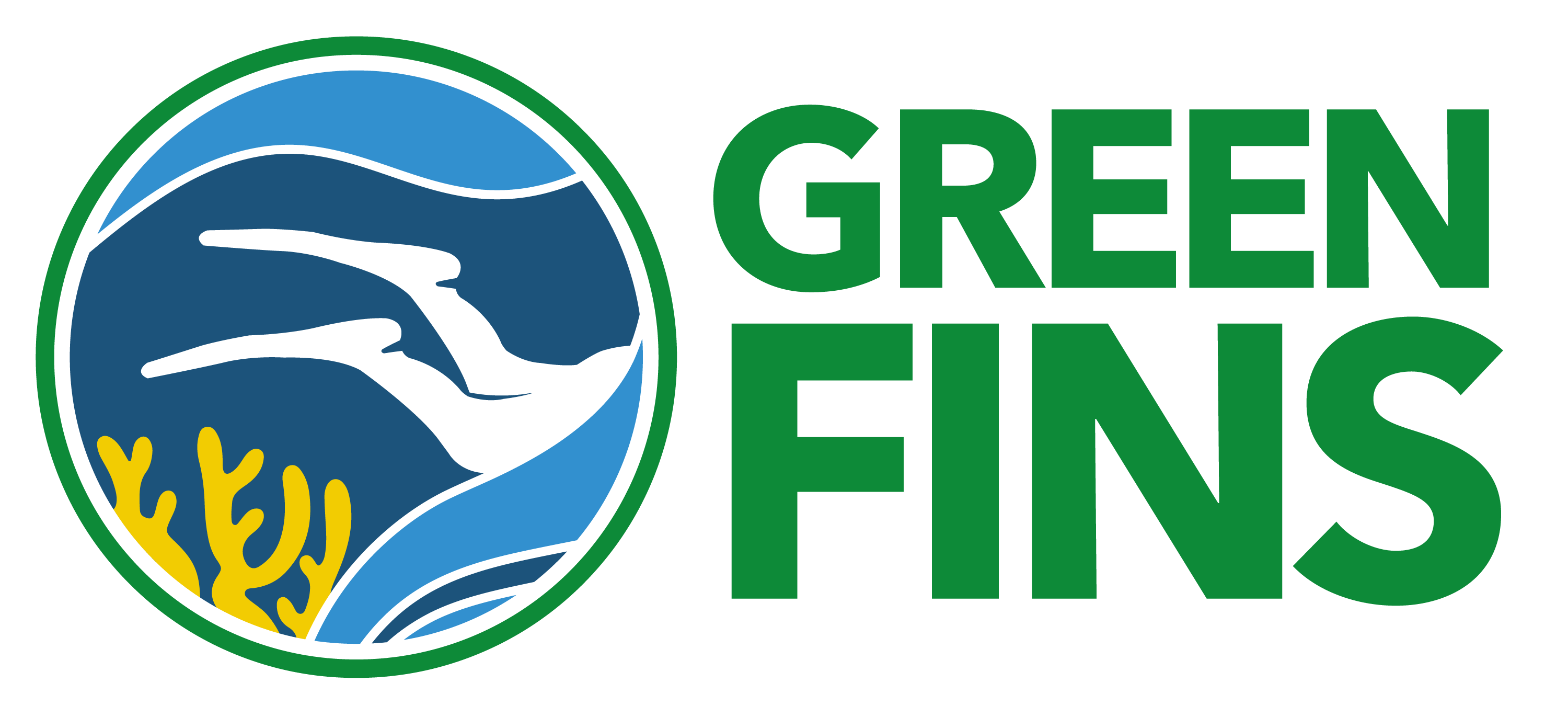The ocean covers more than 70 percent of our planet’s surface and represents about 97 percent of all the Earth’s water. It’s so big and inaccessible that we know more about the surface of the moon and Mars than we know about the ocean. Even with the advancement of technology, the vastness of the marine environment is still a logistical and financial challenge in the 21st century when it comes to studying and exploring it. That means scientists can’t do it alone.
Science needs more eyes, ears and perspectives. We need to know more about our ocean to help us understand how to protect and sustainably manage it. This is where citizen science plays a very vital role!
Dr. Rubén Torres, Founder and President of Reef Check Dominican Republic, said: “Citizen science can fill that gap in data collection and help decision-makers in environmental conservation and management make well-informed decisions.”
That’s one of the reasons participating in marine monitoring is a recommendation in the Green Fins code of conduct.
The Reef-World Foundation, in partnership with the United Nations Environment Programme (UNEP), is leading the Green Fins initiative, which engages a global community of marine tourism representatives, from professionals to tourists, in meaningful action to reduce the impact on coral reefs. The tourism industry is one of the fastest growing industries in the world and tourists are reaching even the most remote locations. This makes them a very valuable resource in collecting and reporting on valuable citizen science data.
Green Fins is helping UNEP to build sustainable partnerships with the private sector, helping them to build sustainability into their business models as well as contribute to global conservation efforts. An example of this is with one of Reef-World’s key industry partners, PADI, a dive training agency. PADI represents the largest network of dive centres, dive instructors and divers who are uniquely positioned to play a role in the future sustainability of the marine tourism industry.
Alongside the PADI AWARE Foundation, they are committed to creating solution-based initiatives with lasting impact. In joining forces, both entities combine PADI’s strength in numbers with PADI AWARE’s ocean conservation experience and success in delivering Ocean Conservation, one of PADI’s three Pillars of Change. The PADI worldwide network has enabled PADI AWARE to become one of the world’s leading sources of marine debris citizen science data, which has contributed to two critical and pioneering academic studies filling a knowledge gap to improve waste management policies globally.
Since 2018, PADI has worked in partnership with Reef-World to reduce the global environmental footprint of the diving industry. Through Green Fins, PADI is working to build sustainability into the dive industry by creating opportunities to help divers and dive operators reduce their environmental impact. Educating divers to engage in an ocean-conscious lifestyle and enabling dive operators to run environmentally sustainable businesses can elevate the dive industry as an example of how people and the planet can co-exist in harmony.
While PADI is doing their part to contribute to citizen science, dive operators in the Dominican Republic are also actively contributing to citizen science with the support of their local NGOs such as Reef Check Dominican Republic (Green Fins implementation partner in the country) and Dominican Foundation for Marine Studies (FUNDEMAR). They are conducting reef health monitoring, stony coral tissue loss disease (SCTLD) monitoring and marine mammals monitoring.
Reef Check offers the Ecodivers Program to scuba divers interested in taking an active role in conserving the coral reefs. The Ecodiver certification qualifies divers to help teams monitor reefs worldwide using the globally standardised scientific protocol. The data collected is then analysed and used locally by marine park managers, nationally by fisheries and environment managers and internationally by organisations, including UN agencies, to help better monitor and care for coral reefs.
Citizen science programmes not only benefit the local communities by raising awareness of environmental issues but also provides them with an opportunity to contribute to local environmental projects, which empowers them to protect their marine ecosystems. Dive operators agree that their businesses, too, benefit from citizen science programmes. They have more products (courses) to offer to their customers, many of whom want to do more than just fun diving as they’re looking for a purpose whilst on holiday and want to be involved in protecting and conserving the ocean they have come to love. Furthermore, they found that many customers chose to dive with them because of their environmentally-friendly reputation.
Julie, co-founder of Slow Dive Casa Chihuahua, said: “Our dive school has gained its reputation because of what we do. Our customers choose us because they like the fact that we are involved in environmental protection. We also offer environmental courses to our customers, a product that few other dive centres offer. We are also the ones a local NGO chose to teach diving to their technicians, often people from the community, because of our good relationship with local people and our ability to teach diving responsibly and include citizen science in the courses.”
Some think that protecting the marine ecosystems that their business relies on just makes sense.
Robinson Jiménez, owner of Galleon Divers, said: “We benefit a lot as the projects we work with are helping us to improve our marine ecosystems and fauna. It is by participating in these scientific investigations we have identified problems in our mangroves, which we are currently trying to solve.”
NGOs and marine tourism businesses highly recommend individuals get involved in citizen science. Whether to increase awareness of the importance of marine conservation, to gain knowledge to protect coral reefs and how to use these resources sustainably to guarantee their survival for future generations, or bridge the gap in data to inform scientists and decision-makers to better manage our precious marine ecosystems.
Through Green Fins, UNEP and Reef-World aim to enable the global marine tourism industry to build back better, working in symbiosis with the environment upon which it’s built and being part of the solution for its future survival. This work has been significantly supported by the launch of the new Green Fins Hub, which will connect marine tourism operators with like-minded industry leaders, NGOs and governments to discuss environmental issues and share lessons. As it is the UN Decade of Ocean Science for Sustainable Development, there’s no better time than now to get involved with citizen science – almost everyone can contribute in some way!


